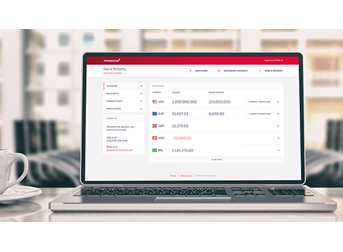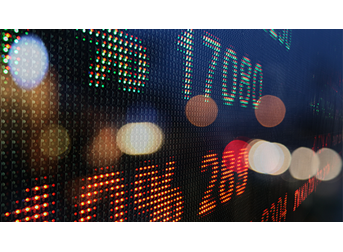Daily Brief

Mostly flat
3 minute readUSD
Investors had some proper US economic data to guide them on Tuesday. The numbers were not hugely impressive but they did the USD no harm. Producer prices fell 0.2% in December while they were down by 0.1% ignoring the effect of food and energy. Overall, producer prices were up by 2.5% on the year, exactly as analysts had predicted. The other statistic was the New York Fed's manufacturing index for December. At 3.9 it still indicated growth but it was seven points lower on the month.
The president of the Kansas Fed Esther George, whom Bloomberg describes as a "leading hawk", was the latest Fed chief to come out in favour of patience in raising interest rates. If Ms George is inclined to be patient, chairman Jerome Powell ought not to have too much difficulty in persuading the rest of the FOMC to call a pause in the tightening process.
EUR
In Strasbourg the president of the European Central Bank, Mario Draghi, addressed the European Parliament, summarizing the first 20 years of the EUR. On the question of a possible recession (Sig. Draghi made his appearance shortly after Germany announced much slower growth in 2018) he said "no, it's a slowdown… but it could be longer than expected". It was reassurance of a sort but not entirely helpful to the EUR, and the currency is down by 0.2%.
This morning's euro zone data related mostly to inflation. In Germany it was steady at 1.7% and in Italy it was unchanged at 1.1% (CPI) and 1.2% (HICP).
CAD
To describe the Canadian dollar as "drifting" yesterday it to credit it with far too much vigor. Careful examination shows that it gained 0.007% against the USD but to all intents and purposes it was once gain unchanged on the day.
A 2.0% rise in oil prices did not translate into fresh support for the CAD and there were no Canadian ecostats to relieve the tedium.
GBP
An exciting end to a much-hyped day in London saw Theresa May's government defeated in the Commons by 432 votes to 202. The result left her in no doubt that Parliament did not like her proposed arrangement for leaving the EU. Paradoxically, the biggest ever government defeat was followed immediately by a one-cent rally for the GBP, suggesting that MPs expect to be presented with an even softer Brexit deal in due course.
A stack of consumer and producer price data this morning showed prices rising more slowly at the end of 2018. Headline consumer prices were up by an annual 2.1% in December, down from 2.3% the previous month, while factory gate prices rose by 2.5% instead of the forecast 2.9%. The numbers made little difference to the GBP, which is unchanged on the day.
JPY
The yen was another non-mover on Tuesday. There were no new panics to send investors fleeing to safety and no breakthroughs in trade to send the JPY lower.
In Japan the domestic corporate goods index - a sort of commercial CPI - rose by 1.5% in the year to December, down from the 2.3% seen for the previous month. Machinery orders were flat in November, up by 0.8% on the year. It was reported in Tokyo that the Bank of Japan will lower its inflation forecasts at next week's rate review, allegedly because of lower oil prices and a less rosy economic outlook.
News Hub


